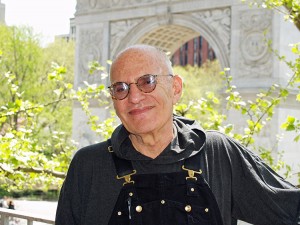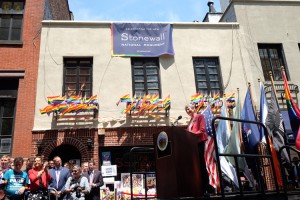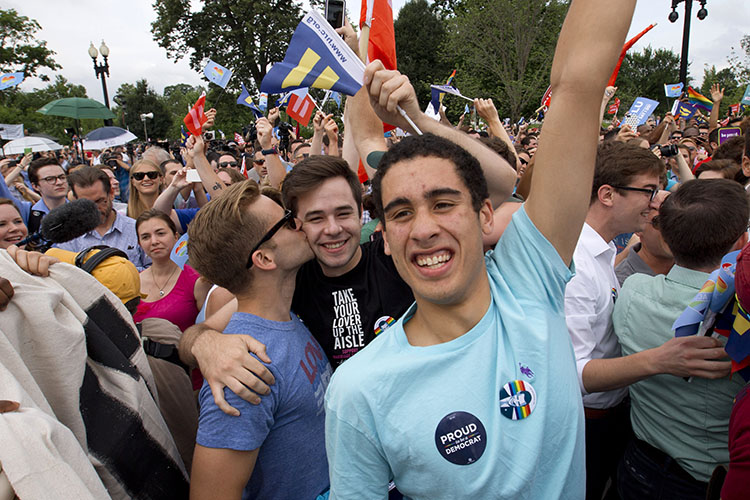LGBTQ+ Pride Month
Tuesday, June 1st, 2021In the United States, June—the first month of summer—is celebrated as LGBTQ+ Pride Month. LGBTQ+ stands for Lesbian, Gay, Bisexual, Transgender, and Queer or Questioning. The “+” represents other sexual identities. Transgender individuals are those whose identity or self-expression does not match the gender assigned to them at birth.
Throughout June, cities across the nation host concerts, festivals, colorful parades, parties, and other events that honor the identity, contributions, and historical impact of LGBTQ+ people. June is also the month in 2015 when the Supreme Court of the United States ruled that states could not ban same-sex marriage.
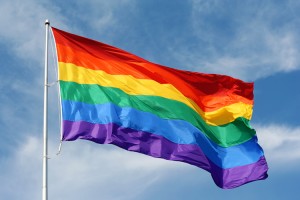
The rainbow flag has symbolized the LGBTQ+ community since the late 1970′s. Credit: © Natasha Kramskaya, Shutterstock
Historically, LGBTQ+ Pride Month commemorates the Stonewall uprising, a series of demonstrations for gay rights that took place in New York City in late June and early July 1969. The demonstrations were in response to a police raid at the Stonewall Inn, a gay bar in the Greenwich Village neighborhood of Manhattan. Following the raid, bar patrons and other supporters began a series of riots that lasted, on and off, for several days.
The Stonewall uprising was an important part of the change happening in the gay rights movement at the time. In the late 1960’s and early 1970’s, this movement grew in size and strength. Gay rights activists created new organizations and developed political strategies still used today. The Stonewall uprising also inspired gay rights activists in other countries. In 2000, the U.S. Department of the Interior designated the Stonewall Inn and the surrounding streets a national historic landmark. In 2016, U.S. President Barack Obama designated the Stonewall Inn as a national monument.
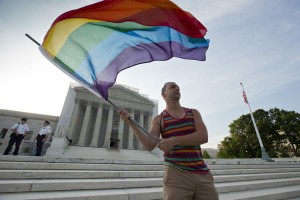
An activist for lesbian, gay, bisexual, transgender, and queer or questioning (LGBTQ+) rights waves a rainbow flag in front of the Supreme Court Building in Washington, D.C. The rainbow flag is a symbol of LGBTQ+ pride. Credit: © AP Photo
The early 2000’s saw significant advances in LGBTQ+ rights. For example, more than a dozen countries, including Canada, the United States, New Zealand, South Africa, and a number of European and South American nations legalized same-sex marriage. In 2010 and 2016, respectively, the U.S. government ended its ban on openly gay and transgender people serving in the military. And in 2013, the U.S. Supreme Court ruled that same-sex spouses were entitled to receive the same federal benefits as heterosexual (different-sex) spouses.
LGBTQ+ Pride Month developed from LGBTQ+ Pride Day, celebrated on the last Sunday in June. In 2000, U.S. President Bill Clinton proclaimed June Gay and Lesbian Pride Month. Likewise, every year from 2009 through 2016, President Barack Obama officially proclaimed June LGBTQ+ Pride Month. From 2017 to 2020, President Donald Trump did not issue such a proclamation. In 2021, President Joe Biden proclaimed June LGBTQ+ Pride Month.

